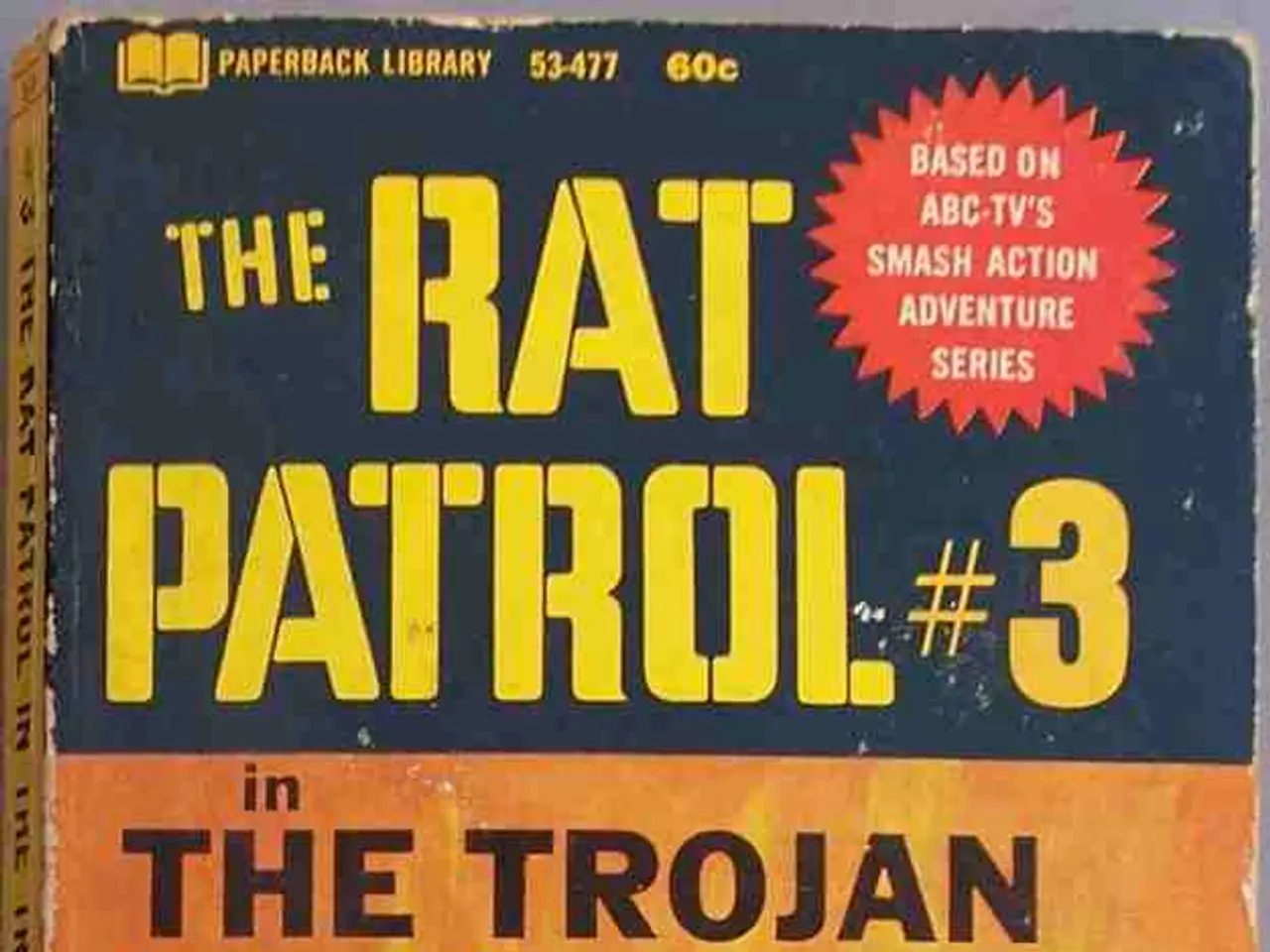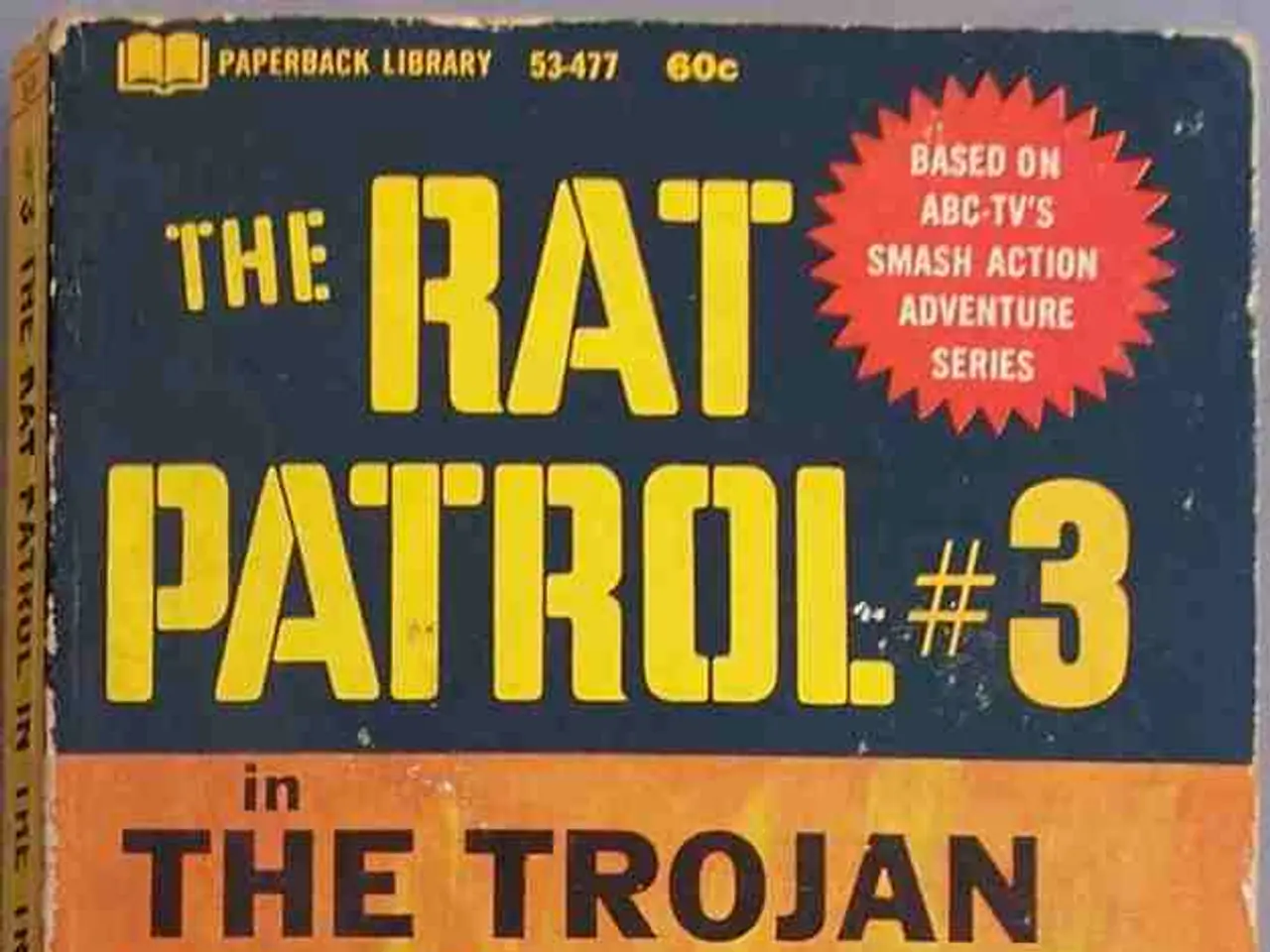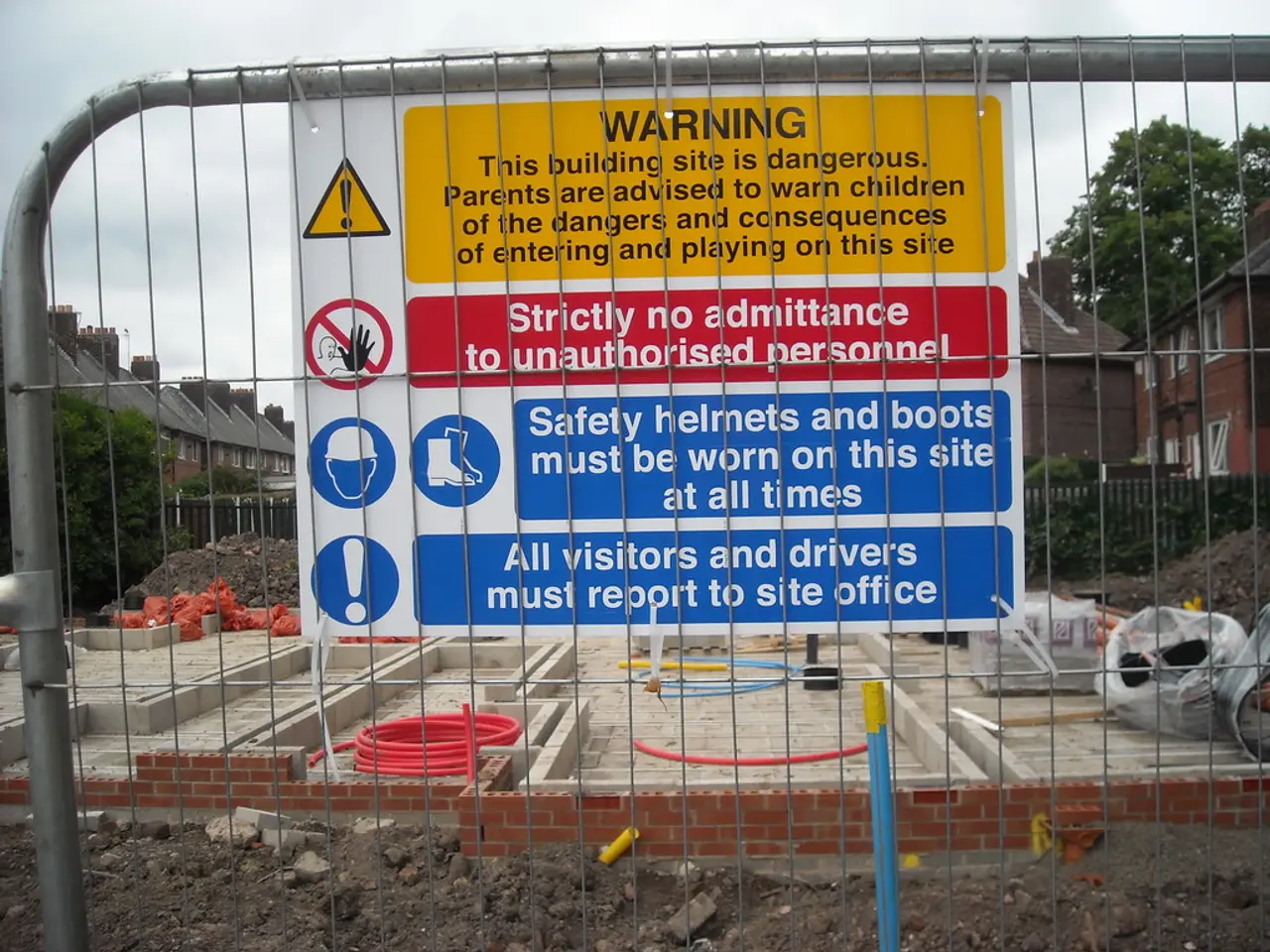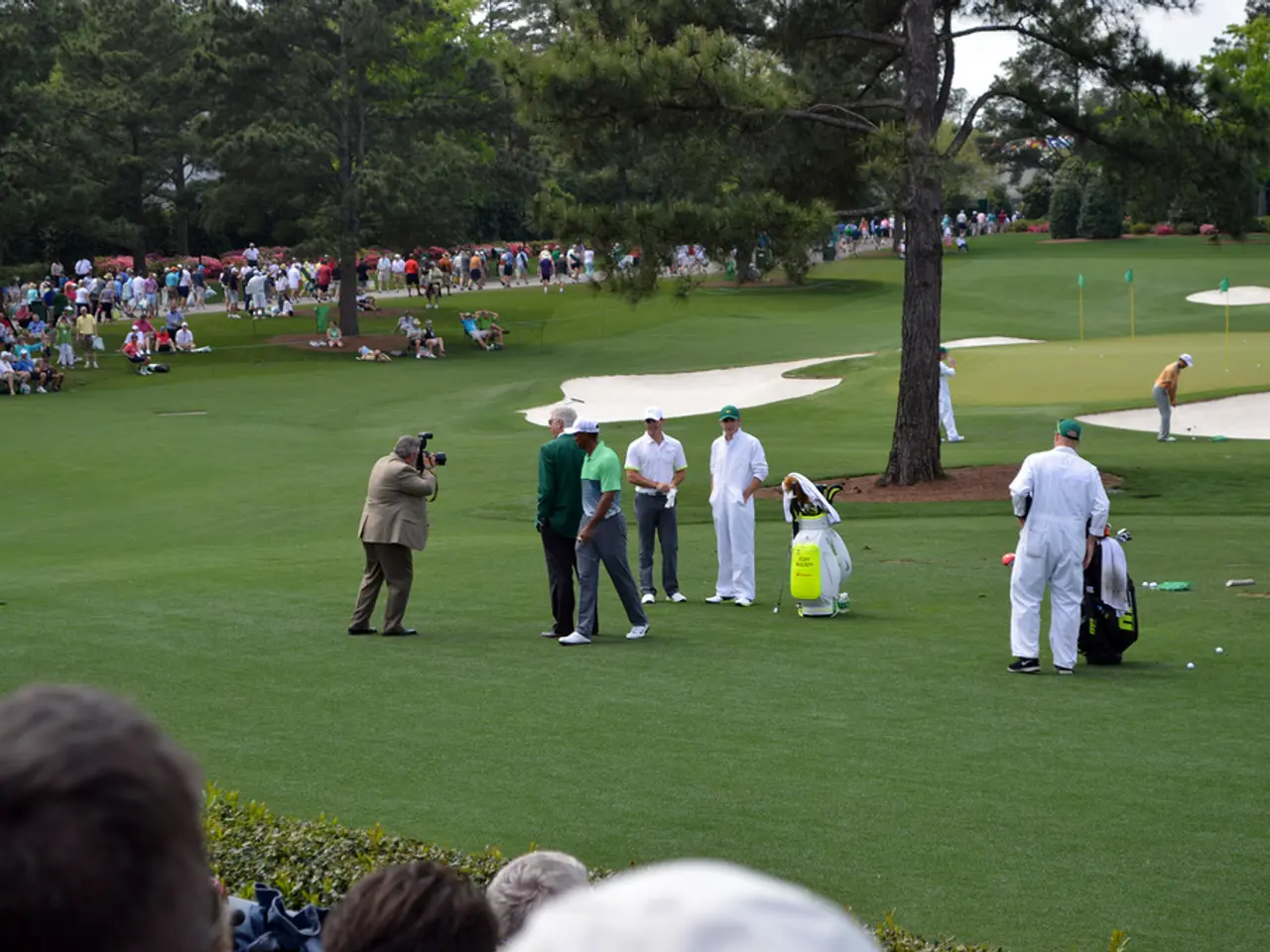"Caution in Nuclear Matters": Russia Advises Trump on the Consequences of Nuclear Conflict, Stating There Are No Victors in a Nuclear War
In a move that has raised concerns about nuclear escalation, US President Donald Trump ordered the deployment of two nuclear submarines last Friday. This decision was in response to what Trump considers the "provocative statements" on social media by former Russian President Dmitri Medvedev.
The area of deployment of the submarines was not specified, but the move comes amidst ongoing tensions between the two powers. Russia's offensive against its pro-Western neighbor continues, and Moscow does not consider there to be any kind of nuclear escalation between the two powers at the moment. However, Russia's political leaders have urged caution in making statements about nuclear arsenals. Dmitry Peskov, the presidential spokesman, called for caution in making statements about nuclear arsenals, while Moscow believes that everyone must be very careful with nuclear rhetoric.
The US-Russia relationship has been strained for some time, with the Ukraine conflict serving as a major point of contention. Since Russia’s full-scale invasion of Ukraine in February 2022, nuclear rhetoric has sharply escalated, reminiscent of the Cold War era. In response to this, the US has made its own nuclear-posturing moves. In 2025, former US President Donald Trump ordered the repositioning of two US nuclear-powered submarines closer to Russia, in reaction to Russia’s heightened nuclear rhetoric.
Despite the tensions, the US and Russia have cooperated on nuclear threat reduction in the past. The Cooperative Threat Reduction Act (Nunn-Lugar Act), which started in 1991, led to substantial nuclear disarmament and the elimination of nuclear arms in former Soviet states.
As the situation continues to develop, the Kremlin has warned the United States that there can be no winners in a nuclear war. Trump's special envoy Steve Witkoff will visit Russia next week, marking an attempt to repair relations between the two powers. However, Trump has previously threatened that new measures could include secondary tariffs targeting Russia's remaining trading partners, such as China and India, which would further strain Russia and pose a significant risk of international disruption.
Recent events have shown that the US and Russia are still deeply intertwined, even in the midst of their rivalry. The potential for nuclear escalation remains a real and pressing concern, as historical examples from the Cuban Missile Crisis during the Cold War demonstrate. It is crucial that both sides exercise caution and diplomacy to avoid a repeat of the past.
[1] History.com Editors. (2021, October 15). Cuban Missile Crisis. History.com. https://www.history.com/topics/cold-war/cuban-missile-crisis [2] Byers, M. (2022, March 10). Russia's nuclear threats: What Putin has said and why it matters. CNN. https://www.cnn.com/2022/03/10/europe/russia-nuclear-threats-explainer-intl-index/index.html [3] Nunn-Lugar Cooperative Threat Reduction Program. (n.d.). Federation of American Scientists. https://fas.org/nuke/control/nunn-lugar/ [4] Schwartz, J. (2022, March 25). Trump orders deployment of nuclear-powered submarines amid tensions with Russia. The Guardian. https://www.theguardian.com/us-news/2022/mar/25/trump-orders-deployment-of-nuclear-powered-submarines-amid-tensions-with-russia [5] Smith, R. (2022, March 26). Trump orders deployment of nuclear subs in response to Russia's aggression. Politico. https://www.politico.com/news/2022/03/26/trump-deploys-nuclear-subs-in-response-to-russia-00036798
- The current US-Russia relationship, particularly amid the ongoing war-and-conflicts and political tensions, has brought back memories of the Cold War era, with increased nuclear rhetoric from both sides.
- As the US and Russia continue their nuclear posturing moves, Chinese politics have expressed concern about any potential Chinese involvement, given its existing trading partnerships with both powers, which could be affected by secondary tariffs or international disruptions.








